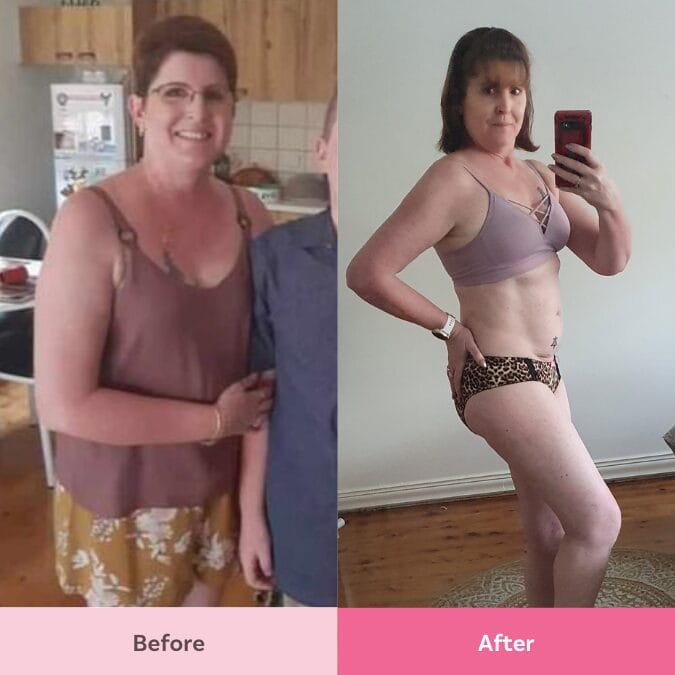Everything you need to know about PCOS and how it can affect your body
Polycystic ovary syndrome, also known as PCOS, is a condition that affects many women. It’s important to note that if you have been diagnosed with PCOS, it isn’t necessarily something you have to live with forever.
It can be reversed or some of the symptoms can be dramatically reduced medically as well as naturally.
Many women who have PCOS may experience fertility issues and this is because one of the underlying problems is that PCOS causes a hormonal imbalance in the body.
Ovaries may produce higher levels of androgens (a male hormone also produced in females) which affect the development and release of eggs during ovulation.
Symptoms of PCOS
Weight gain is common for women with PCOS, because the body has more difficulty using insulin when you have PCOS – and weight loss can seem out of reach. This insulin resistance means that glucose and sugar can build up in the bloodstream.
Other symptoms women who suffer with PCOS may notice is they have irregular periods or no periods at all – an irregular period is shorter than 21 days or longer than 25 days.
Another indicator is excessive hair growth on the face, chest, stomach, nipples, back or bottom, as well as hair loss or severe acne.
Naturopath Sarah McLauchlan explains PCOS can only be diagnosed if you see your doctor, who may suggest you have an ultrasound to check your ovaries.
“First of all, it’s important to note, that people who have PCOS don’t always have polycystic ovary syndrome. This is when the ovaries develop a small number of follicles causing eggs to not be released,” she says.
“Another important thing to know is that the majority of people with PCOS – around 70% – are insulin resistant. Insulin is a hormone that has nothing to do with fertility, but it does have a big impact on our oestrogen.”
PCOS can make you feel exhausted

When someone is insulin resistant, it leads to high glucose levels in the blood. And this leaves you feeling exhausted a lot of the time. It also triggers the body to make testosterone rather than oestrogen. One tell-tale sign of suffering from insulin resistance, is to look at your body shape, especially if you are ‘apple shaped’.
“Being apple shaped is a hallmark sign. If you measure around your waist, you want it to be 89cm or less. Take your waist measurements in centimetres and divide it by your height in centimetres,” says Sarah.
“You want it to be 0.5 of less. Under 0.5, you’re less likely to be insulin resistant, over 0.5, you are highly likely to be.”
How diet can help improve symptoms of PCOS

To improve the absorption of insulin, Sarah suggests sticking to three meals a day and not snacking.
“This is controversial, as we are told to have three meals a day and snacks, but if you are constantly snacking, you are pushing your blood glucose levels up,” she says.
“By eating three meals a day, you are giving your intensities and digestive system time to clean out before the next meal, which will help improve your glucose levels. Also, I advise cutting out sugar.
“This means soft drinks, cakes, biscuits, lollies, alcohol and even sweetened alternatives. Try to have two or less serves of food with sugar, or even natural sugar in it. So, for example one small apple then 100g of berries and leave it at that.”

Best diet for those suffering from PCOS
When it comes to carbs, Sarah believes they shouldn’t be cut out completely, as carbs are important for women to help regulate their hormones. We should just be opting for better quality carbs, such as wholegrains and multigrain.
Another tip is to drink spearmint tea, as it helps reduce testosterone. Spearmint is softer and contains a different makeup to peppermint, so pick spearmint over peppermint.
If you are diagnosed with PCOS, there are great support networks to help you. We recommend you have a chat with your GP to learn more.










